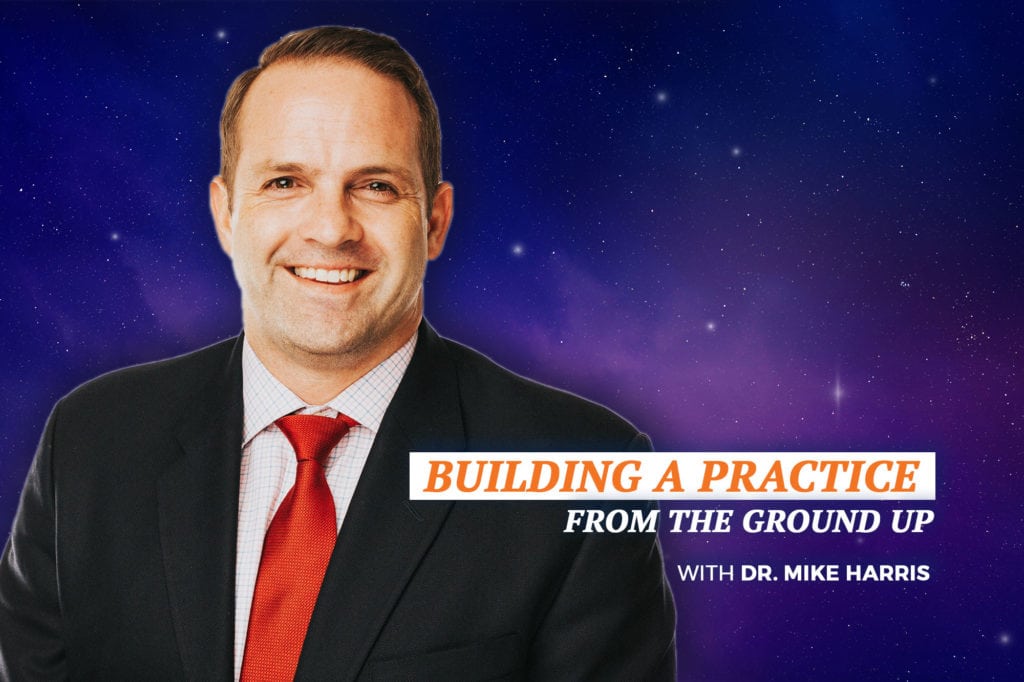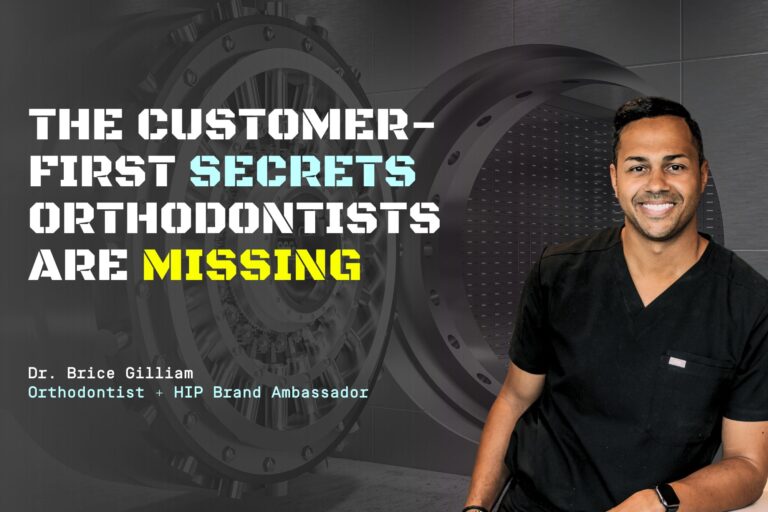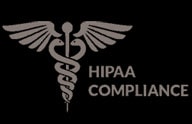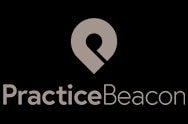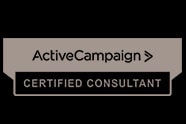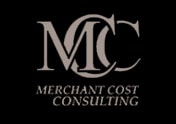Subscribe: RSS
On today’s episode of All Things Business for Physicians, our featured guest is pain management specialist, Dr. Mike Harris.
In this episode, you’ll learn about:
- What Dr. Harris believes separates a good doctor from a bad doctor
- The biggest challenges to starting your own practice
- The importance of learning how to ask for help
- The benefits and how-to’s of budgeting and utilizing lines of credit when opening a business
- Why hiring a dedicated accountant, IT personnel and office manager is essential
- How to determine what technology, equipment, tools, and products you really need in the beginning
- Tips on “staying lean”
- How to avoid the trap of being sold something you don’t need
- Why he recommends setting up HIPAA-compliant email with Google
- Why self-discipline is his most important personal habit for success
Be sure to give it a listen, and read through the summary of the podcast here:
- Being an accurate diagnostician is one of the essential elements to being a great doctor. Dr. Harris attributes his ability to find what’s wrong quickly in his patients as one of the most essential areas of expertise he brings to his practice. Personability, face-to-face interaction and spending a lot of time with patients are also keys to success in his field.
- In his journey from working at a big hospital to a being a small business owner working in sports performance and regenerative medicine, Dr. Harris found one of his major challenges was figuring out to reach former and new patients along the way. Adjusting his expectations for the speed of company growth was also a significant factor that taught him a lot about the value of patience and believing in himself. “Doctors are pretty confident at first,” he notes, “but when the rubber hits the road, it’s hard to realize that things don’t go as fast as you want.” The ability to wait and avoid the lure of instant gratification is key.
- One of the biggest challenges to opening a new medical business is the simple act of setting up a good foundation, which includes having a record of financial success and reliability. Dr. Harris recommends getting involved with some sort of establishment first (such as a hospital or academic institution) so that you’ll have something to show the bank when it’s time to apply for a small business loan — a line of credit that can go pretty fast.
- How much do you need to borrow when opening your own business? Dr. Harris asks listeners to consider working with smaller local banks, developing a budget and finding an accountant who can be dedicated to your business. He also recommends opening a line of credit. Why? Because you only have to pay interest on and pay back what you use. “Only take what you need, when you need it.”
- Electronic medical record technology is always going to be one of the “must-haves” when starting out, so ask for recommendations from other colleagues and shop around until you find one that is intuitive to you and your team. Just be aware of the hidden costs, which Dr. Harris believes are an unavoidable pitfall of EMR.
- Start lean. You’ll get more out of your initial seed money that way and take some stress off yourself in the beginning. For Dr. Harris, this includes finding a small office that’s furnished, having the minimal amount of staff members appropriate for your practice and going for the bare bones as far as stock and equipment. His mantra to help him keep costs down? “No, no, no, no no, yes.”
- The best advice he’s gotten? To go out on his own, despite the challenges he faces. “The problems that I have with owning my own business are totally awesome and acceptable [compared to] the problems I used to have.”
Ultimately, Dr. Harris rightly points out that medical schools don’t really teach you how to run a business, so get comfortable asking for help. “Having someone you can call who has been there before” will be a valuable resource time and again. In his practice, he’s learned how to ask for guidance and advice from experienced colleagues and professional peers but recognizes that mistakes still will be made along the way. It’s all a normal part of the process.
You can reach Dr. Harris at mike@prmhealthcare.com.
Resources from the podcast:
- quickbooks.com
- modmed.com
- PubMed (although Google and YouTube are useful, too!)
